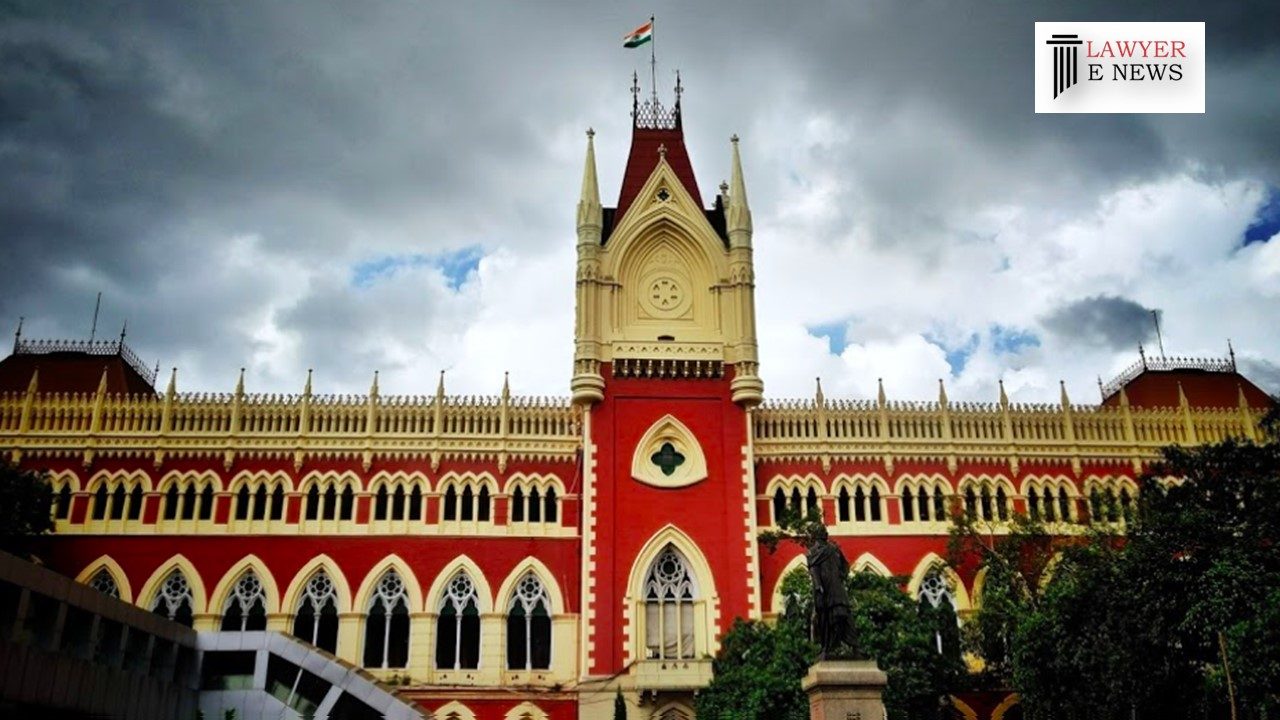-
by Admin
15 February 2026 5:35 AM



High Court Affirms Conviction Under Section 354B IPC and Section 10 of POCSO Act; Orders Departmental Enquiry into Investigative Negligence
The High Court at Calcutta, under the bench of Justice Bibhas Ranjan De, has upheld the conviction of Gopal Sardar for sexually assaulting a minor girl, dismissing his appeal against the judgment of the trial court. The appellant was convicted under Section 354B of the Indian Penal Code (IPC) and Section 10 of the Protection of Children from Sexual Offences (POCSO) Act. Despite acknowledging investigative lapses, the court emphasized the reliability of the victim’s testimony and corroborative evidence from other witnesses.
The case originated from a complaint filed on September 9, 2013, by the victim’s father, alleging that Gopal Sardar, a tenant living next door, had sexually assaulted his minor daughter, X, by making sexual gestures and showing her obscene pictures. The incident occurred on September 8, 2013, and was reported to the police the following day. The trial court had sentenced the appellant to rigorous imprisonment under the relevant sections of IPC and POCSO Act.
The court noted the consistent and detailed testimony of the victim, X, as critical in affirming the conviction. “A victim of sexual assault is not an accomplice but a competent witness whose testimony need not be corroborated in material particulars if found credible,” Justice De emphasized. The court found no material discrepancies in X’s statements made to the police, the magistrate, and during the trial.
The testimonies of the victim’s family members (PW2, PW3, PW4) and the medical officer (PW5) corroborated the victim’s account, further strengthening the prosecution’s case. Despite the absence of medical evidence indicating penetrative assault, the court held that the consistent narrative provided by the victim and corroborated by her family members was sufficient to uphold the conviction.
Justice De expressed severe criticism of the investigative lapses, particularly the failure to seize the mobile phone containing the obscene images and the lack of thorough forensic examination. “The Investigating Officer’s grave irregularities cannot undermine the reliability of the victim’s consistent testimony,” the court noted. A departmental enquiry was ordered against the Investigating Officer for negligence, directing the Commissioner of Police, Bidhannagar Police Commissionerate, to take appropriate action.
The court discussed the principles of evaluating evidence in sexual assault cases, reiterating that the victim’s testimony alone can suffice for a conviction if it is credible and trustworthy. The judgment emphasized that procedural lapses in investigation should not lead to acquittal if substantial evidence exists to prove the crime.
Justice De remarked, “The reliability of the victim’s testimony and corroborative evidence from other witnesses outweigh the investigative lapses, ensuring that justice is served.” He further stated, “A victim’s consistent and detailed narrative holds significant probative value, and procedural irregularities by the investigation should not cast doubt on such evidence.”
The High Court’s decision to uphold the conviction underscores the judiciary’s commitment to protecting victims of sexual crimes and ensuring justice is served despite procedural flaws. By ordering a departmental enquiry into the investigative lapses, the court aims to reinforce accountability within the police force. This judgment is expected to have a significant impact on future cases, emphasizing the credibility of victims’ testimonies and the need for thorough and unbiased investigations.
Date of Decision: 14th June 2024
Gopal Sardar vs. The State of West Bengal & Anr.
